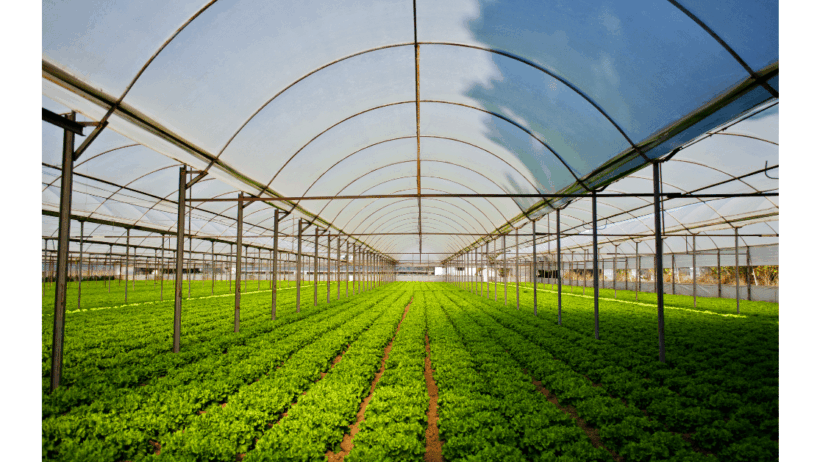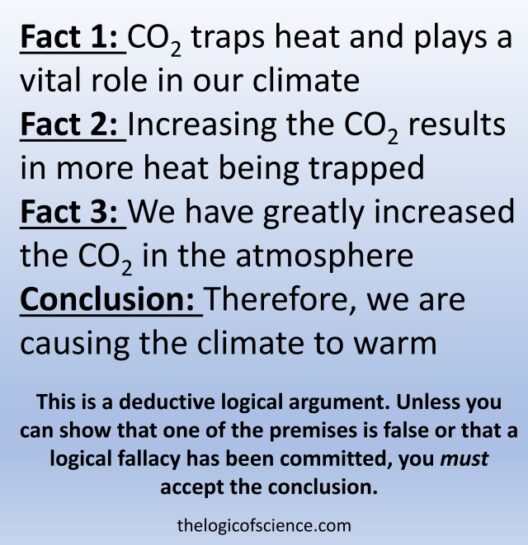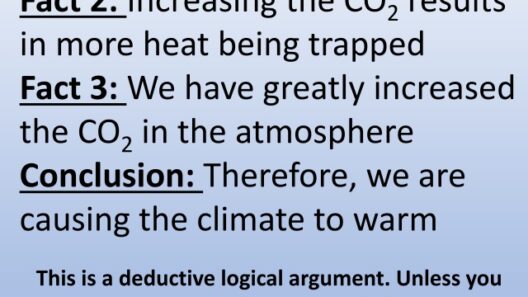As urban populations burgeon, cities are increasingly confronted with the dual challenges of food insecurity and environmental degradation. This prompts an intriguing question: Can urban farming indeed play a pivotal role in mitigating global warming? While the answer may not be definitively straightforward, the interplay between urban agriculture and environmental sustainability deserves a meticulous examination.
Urban farming encompasses a variety of practices, including community gardens, rooftop farms, and vertical agriculture. These practices allow individuals and communities to cultivate food within metropolitan areas, thereby reducing the distance food must travel to reach consumers. This localized production has the potential to minimize transportation emissions, a significant contributor to atmospheric carbon levels.
The rationale behind urban farming’s potential to combat climate change lies in its ability to integrate with existing city ecosystems. Urban areas often suffer from the “heat island” effect, where buildings and asphalt absorb and retain heat, leading to increased energy consumption for cooling. By introducing greenery, urban agriculture can counteract this phenomenon, lowering temperatures and, consequently, reducing the reliance on fossil fuel-powered air conditioning.
Moreover, the act of cultivating plants is inherently beneficial to the environment. Through the process of photosynthesis, crops absorb carbon dioxide from the atmosphere—a greenhouse gas that contributes directly to global warming. Urban farming could, therefore, serve as a carbon sink, albeit on a limited scale. When considering the astounding number of cities globally, the cumulative impact of carbon sequestration through urban farms could become significantly substantial.
However, the benefits of urban agriculture extend beyond carbon sequestration. Soil health improvement is another critical aspect. Urban soils are often degraded, compacted, and contaminated. Innovative urban farming practices, such as regenerative agriculture, can restore soil vitality by minimizing chemical inputs and employing organic matter to enhance microbial health. Healthy soil not only captures more carbon but also promotes greater resilience against climate change-induced phenomena, such as extreme rainfall or drought. Hence, the cultivation practices we adopt in urban farming can directly influence the soil’s ability to sequester carbon and withstand environmental perturbations.
Another critical element to consider is food waste. Urban areas are typically associated with high levels of waste production, which contributes to methane emissions when organic matter decomposes in landfills. By promoting local food production, urban farms can significantly reduce waste by utilizing food scraps for composting, thereby creating a closed-loop system that enhances sustainability. Additional food grown in urban environments can alleviate pressure on rural farming systems, which are often overworked and susceptible to environmental changes themselves.
Nevertheless, the implementation of urban agriculture comes with its own set of challenges. Land availability is a primary concern. Many urban areas are densely populated, leaving little space for farms. Moreover, zoning laws and bureaucratic regulations can hamper the establishment of community gardens or rooftop farms. Creative solutions, such as utilizing underused spaces—think abandoned lots, rooftops, or even public parks—hold promise yet require cooperation between local governments and communities.
Furthermore, there exists a question of equity. Urban farming should serve to uplift all community members, not just those with resources to invest in such endeavors. Ensuring equitable access to land, resources, and educational opportunities related to urban agriculture is crucial. If not, the initiative risks exacerbating existing inequalities. Consequently, urban farming initiatives must be accompanied by policies that prioritize inclusivity and accessibility, allowing all residents to benefit from sustainable practices.
The ambitious scale of urban farming raises another contemplative issue: Can it genuinely supply a substantial portion of a city’s food needs? While some cities have successfully incorporated urban agriculture into their food systems, the productivity of these farms should not be overstated. High-yield agricultural techniques, such as hydroponics or aquaponics, show promise in maximizing output, yet the need for investment in technology and infrastructure is pertinent. This brings us to the inquiry: Is it feasible for cities to rely on urban farming as a significant food source, or should these efforts be perceived merely as a complement to traditional agriculture?
Despite these challenges, urban farming aligns with broader environmental objectives. It fosters community engagement and promotes awareness about sustainable practices. By involving citizens in food production, urban farming cultivates an understanding of the food system crucial to addressing climate change. Knowledge imparted through agricultural experiences can spur advocacy and drive more extensive efforts toward systemic change.
In summary, urban farming alone is unlikely to serve as a panacea for global warming, yet its multifaceted benefits position it as an indispensable component of a holistic strategy aimed at environmental sustainability. The synergy between urban agriculture, community well-being, and climate resilience suggests a promising path forward. The growing commitment of individuals and organizations toward fostering urban farms indicates a societal shift, acknowledging the intricate relationship between food systems and climate health.
As urban farmers cultivate their rooftop plots and community gardens, they are not only growing food but also nurturing a collective responsibility toward safeguarding our planet. The challenge, therefore, is not merely to grow plants but to foster a culture of sustainability and resilience that transcends the boundaries of individual neighborhoods. Will urban farming become a cornerstone of our fight against global warming? The endeavor is certainly worthy of pursuit.








